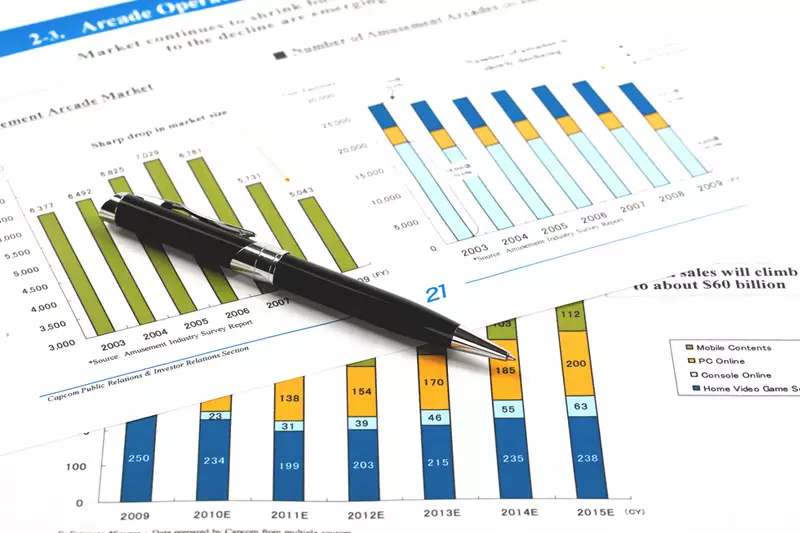Recent discussions among economists have highlighted a significant split regarding the potential size of the upcoming Brazil interest rate reduction on May 8. This divide can be attributed to shifting perspectives on the future trajectory of U.S. monetary policy and ongoing concerns surrounding local inflation. While the Banco Central do Brasil (BCB) had embarked on a series of rate cuts between August 2023, culminating in the current rate of 10.75%, there is now uncertainty surrounding the central bank’s next steps. The lack of clear forward guidance from the BCB has led to a divergence of opinions among experts, signaling a potential shift towards a more orthodox stance.
A recent Reuters poll of 39 economists conducted between April 29 and May 3 revealed conflicting forecasts for the upcoming Copom meeting. While 22 respondents anticipate a 25 basis points reduction to 10.50%, the remaining 17 experts are in favor of a more drastic 50 basis points cut to 10.25%. The recent adjustment in the U.S. Federal Reserve’s policy outlook has added further complexity to the decision-making process for the BCB, necessitating a cautious approach to the easing cycle. Moreover, local factors such as unanchored inflation expectations and escalating fiscal risks are also influencing the central bank’s deliberations.
Looking ahead, the majority of respondents in the poll foresee a 25 basis points rate reduction in June, underscoring the ongoing uncertainty surrounding Brazil’s monetary policy. Median estimates for the end of 2024 and 2025 have been revised upwards to 9.75% and 9.00% respectively, indicating a more conservative approach in light of fiscal challenges highlighted by BCB chief Roberto Campos Neto. Despite the recent volatility in local currency markets, which followed a depreciation of Brazil’s real, the current risks appear to be contained. As long as exchange rate fluctuations do not translate into accelerated inflation, the BCB is expected to maintain its current monetary policy stance.
The debate surrounding Brazil’s interest rate reduction reflects a broader trend of uncertainty and divergence within the economic landscape. As policymakers grapple with evolving global dynamics and domestic challenges, the need for a balanced and prudent approach becomes increasingly paramount. The upcoming Copom meeting on May 8 will provide further insights into the central bank’s strategy and its response to the prevailing economic conditions. In a complex and interconnected world, the ability to navigate conflicting opinions and external pressures will be crucial in shaping Brazil’s future monetary policy decisions.

